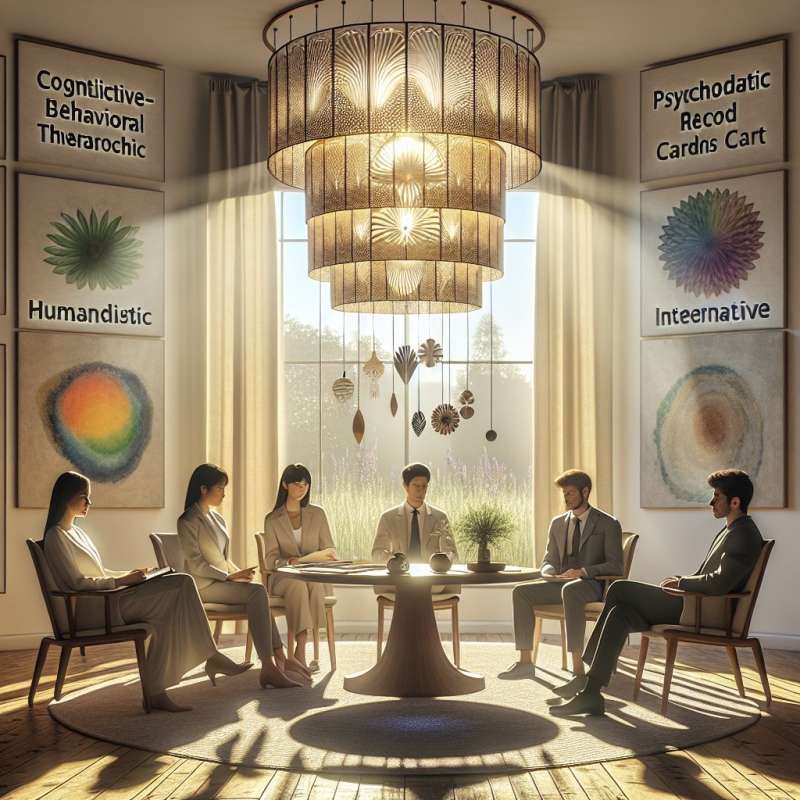
Defining Psychotherapy
Psychotherapy, also known as talk therapy, involves psychological techniques to improve mental health. It's practiced by licensed therapists, psychologists, psychiatrists, and social workers, tailored to individual needs.
Various Psychotherapeutic Approaches
Numerous methods exist, including cognitive-behavioral therapy (CBT), psychodynamic therapy, humanistic therapy, and integrative or holistic therapy, each with unique principles and techniques.
Psychotherapy vs. Medication
Psychotherapy often complements medication, especially for depression and anxiety. Some conditions benefit more from a combined approach, while others may be addressed through therapy alone.
Efficacy and Duration
Research shows psychotherapy can effect change in brain activity similar to medication. Duration varies; some brief therapies take only a few sessions, while others may span years.
The Therapeutic Alliance
Success in therapy heavily relies on the therapeutic alliance—the partnership between therapist and patient. It's a predictor of treatment outcomes, regardless of the therapeutic approach.
Psychotherapy in Numbers
Surprisingly, about 75% of people who undergo psychotherapy experience symptom relief. The field is continuously evolving, with virtual therapy now growing in popularity.
Cultural Considerations
Effective therapy must consider cultural backgrounds. Therapists are increasingly trained in cultural competence to provide relevant treatment and understand diverse perspectives.
What does psychotherapy primarily involve?
Prescribing medication
Psychological techniques improvement
Surgical medical procedures
Company